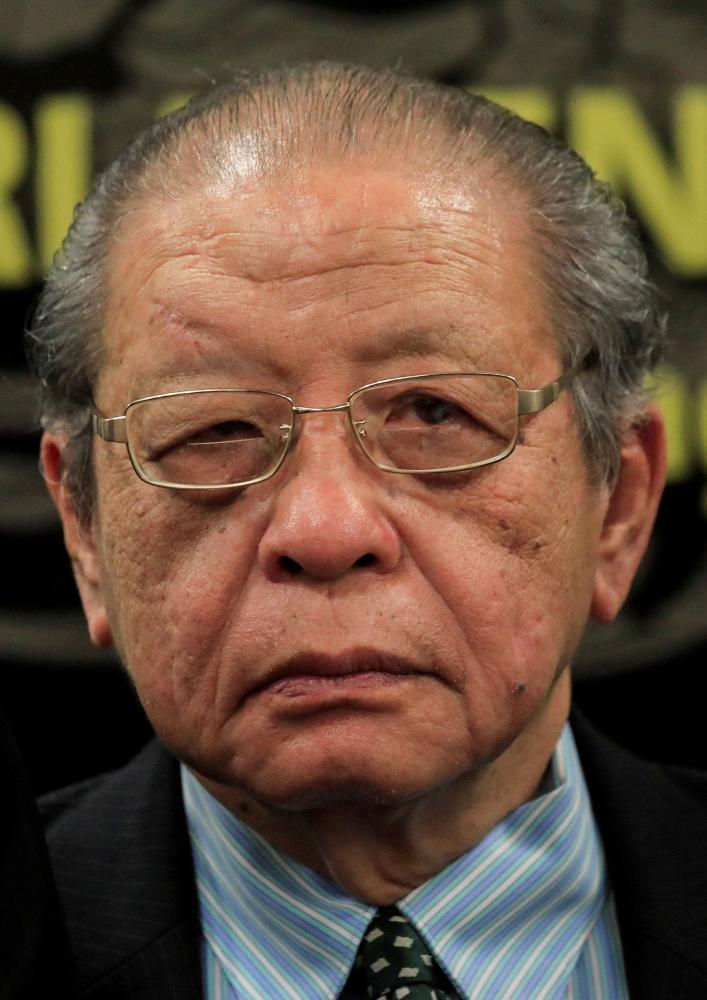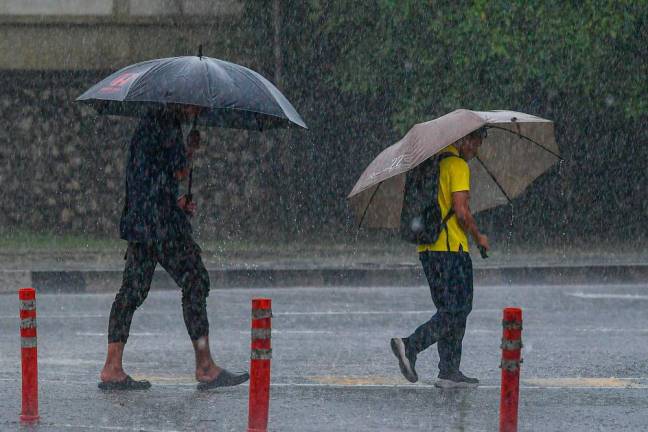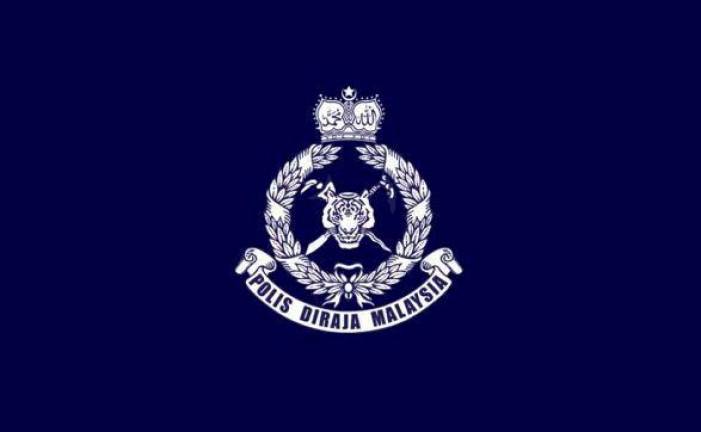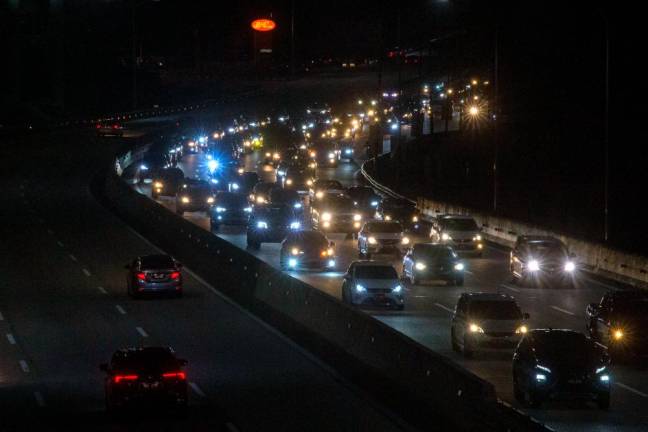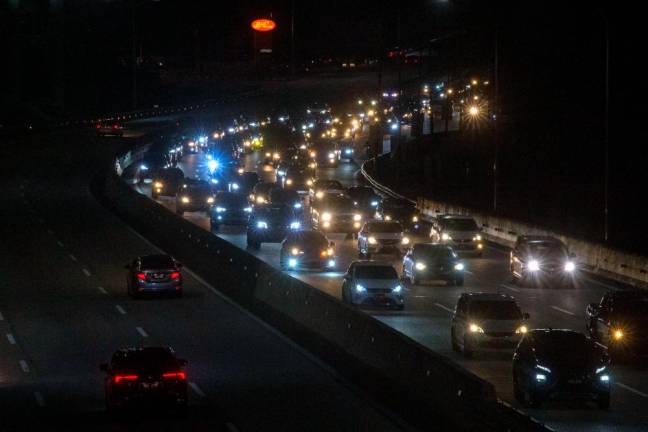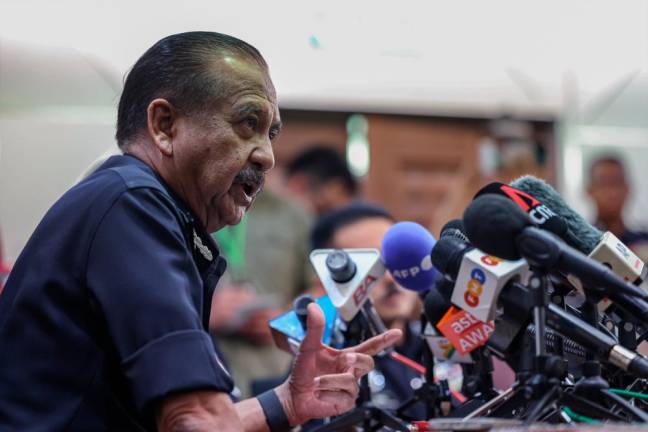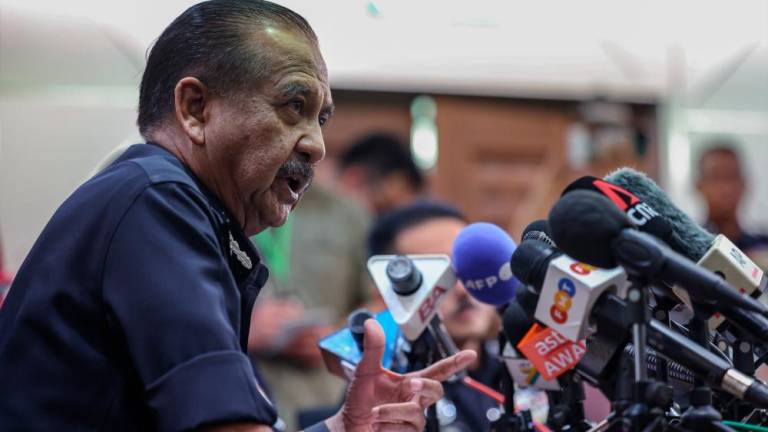PETALING JAYA: Last week, albeit surprisingly, Lim Kit Siang warned Pakatan Harapan (PH) leaders of the threat of Datuk Seri Najib Abdul Razak against them and how the latter remains the most potent opposition figure.
Having had a go at the former premier on countless occasions previously, the DAP supremo’s open acknowledgment of Najib’s influence in the political arena was one that may have raised a few eyebrows.
This is more so as the Pekan MP seemed to have fallen from grace following Barisan Nasional’s (BN) shocking defeat at the hands of PH in the 14th General Election (GE14) and no longer holds any position in his party.
One can be forgiven to perceive Lim’s action as mere political mind games, but it seems more of a genuine worry, and rightly so.
Since the fateful May 9 election, Najib — and Umno-BN for that matter — has been slowly-but-surely gaining the support of social media netizens.
The hate for Najib and Umno-BN and the criticism and rebukes that were ever so prominent on social media in the lead up to the general election is now slowly waning, and more seems to be turning against the PH government.
So how exactly has the tide changed? Apart from PH’s own shortcomings, the perception war on social media will be the simple answer.
Political analyst Prof Dr Sivamurugan Pandian pointed out that since GE14, PH leaders and cyber troopers have been slacking on the social media front, a platform it has put to great use prior to the polls.
“They have to manage BN’s perception game and at the same time create an ecosystem within social media by providing information of what they have done and their success stories. They have somewhat failed at both.
“This is why I think they didn’t gain popularity after the elections. The euphoria of last year is gone, the communications with the masses is also not as active as before,“ he told theSun.
Universiti Malaysia Sabah (UMS) academician and political researcher Dr Zaini Othman pointed out that being in the opposition now and lacking the sort of control it used to have on mainstream media, BN is forced to take advantage of social media and be on the offensive.
“PH is now just holding the ‘gate post’ and must be at its wisdom best to handle the missiles launched by BN cyber troopers. The government must be wise enough and equip themselves with the knowledge to manage social media,“ he said.
Look no further than the flak Education Minister Maszlee Malik has been receiving and how he is fast becoming one of the most unpopular personalities in the Cabinet despite his rather huge popularity prior, no thanks to perceptions and the online attacks by BN leaders and cyber troopers.
They have been quick to pounce on various controversial statements and decisions by Maszlee, be it on student loans or more recently the matriculation quota, and going by comments online, many seem to favour the former.
The brouhaha surrounding the International Convention on the Elimination of All Forms of Racial Discrimination (ICERD) and Rome Statute is another evidence of BN successfully exploiting PH’s weaknesses in the perception war online, even forcing the government to withdraw its ratification of the treaties.
It has become increasingly evident that one way the opposition is seeking to garner support is by utilising social media and creating perceptions that PH has been performing ever so badly at the expense of the voters.
All said, the bigger question remains whether this perception war on social media will benefit BN come the biggest stage, the general election.
Sivamurugan believes this would be the case if PH does not buck up, while Zaini said it would all depend on the political literacy among voters in Malaysia.
But going by the past year, it is BN who is now beating the ruling coalition at its own game — banking on social media for support — and at the front of that line is none other than Najib.
And it would be foolish of anyone to think that the perception war would not have any impact on the outcome of GE15.



